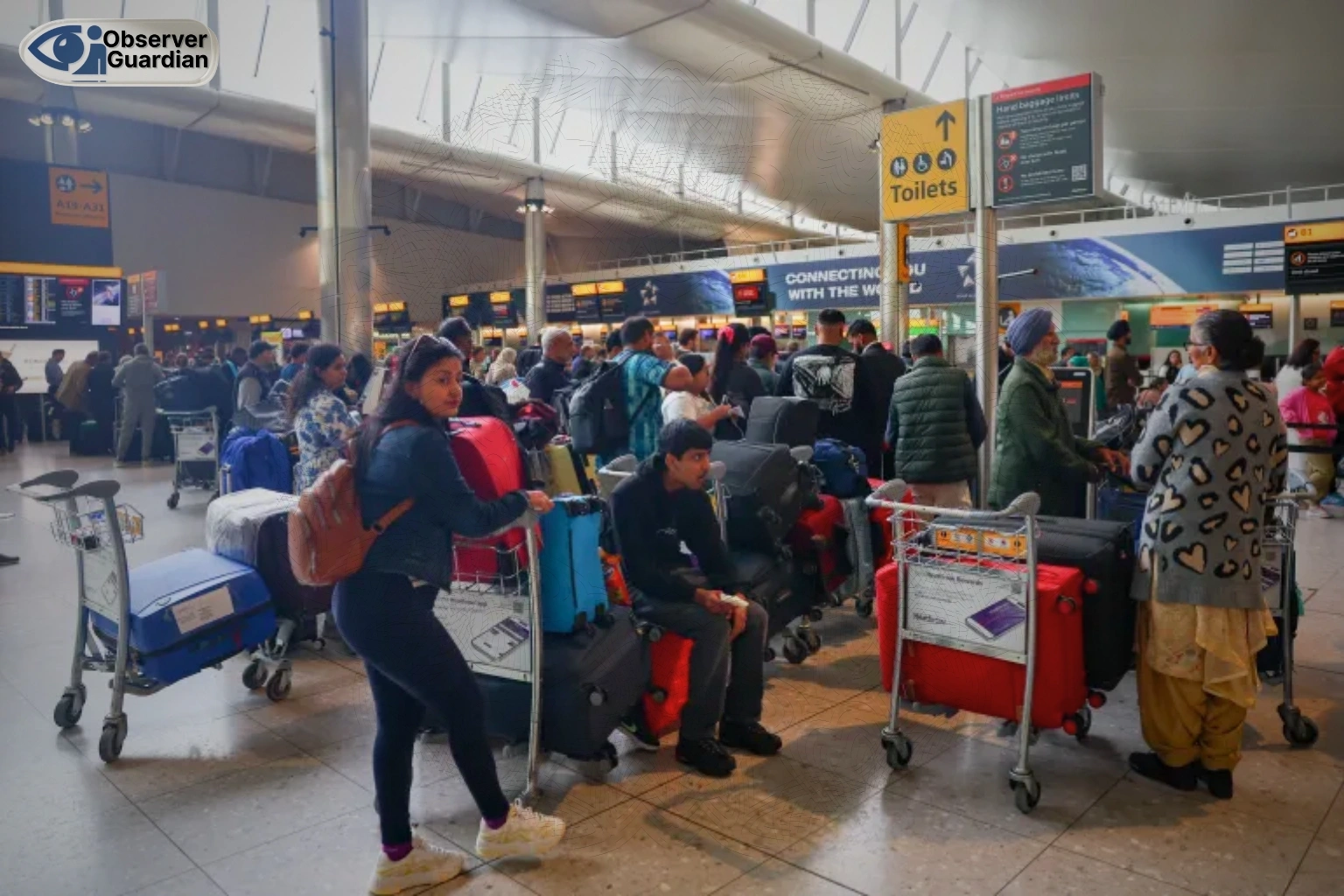Air travel across Europe has been a mess this weekend after a cyberattack knocked out some of the systems airports rely on for check-in and boarding. The problem comes from software made by Collins Aerospace, an American company that supplies the MUSE system used by a lot of airlines. Once that went down, airports had to fall back on old-school methods like handwriting boarding passes and manually tagging luggage, which slowed everything to a crawl.
At Heathrow, more than a hundred flights were running late by Sunday morning, and a handful were canceled altogether. In Brussels, delays stretched from half an hour to more than an hour for most flights, and about 20 never took off at all. Berlin Brandenburg had the same headaches, and in Dublin, Aer Lingus and other carriers were warning people to expect long lines in Terminal 2 because staff had no choice but to process passengers by hand.
For travelers, the experience has been frustrating but not totally chaotic. Some flights are leaving close to on time, while others are stuck for hours. The main advice airports are giving is to check flight status constantly, show up early, and use online check-in if possible. Even with those precautions, a lot of people are ending up in long queues just waiting to get bags checked.
The disruption started late Friday, and by Sunday morning there were signs of progress in some places. Brussels was still struggling more than others, but airports in the UK and Germany reported things slowly getting back on track. Cybersecurity teams in Britain and the EU are involved now, trying to figure out how the attack happened and whether there’s an ongoing threat.
The bigger story here is how dependent modern air travel has become on just a few key pieces of software. One company’s systems go down, and suddenly thousands of people across multiple countries can’t get where they need to go. This episode is bound to spark tough conversations in the aviation industry about resilience, backups, and how to handle the risks that come with cyberattacks.
For anyone traveling today or tomorrow, the best move is to keep an eye on updates from your airline, be prepared for delays, and pack a little extra patience.







